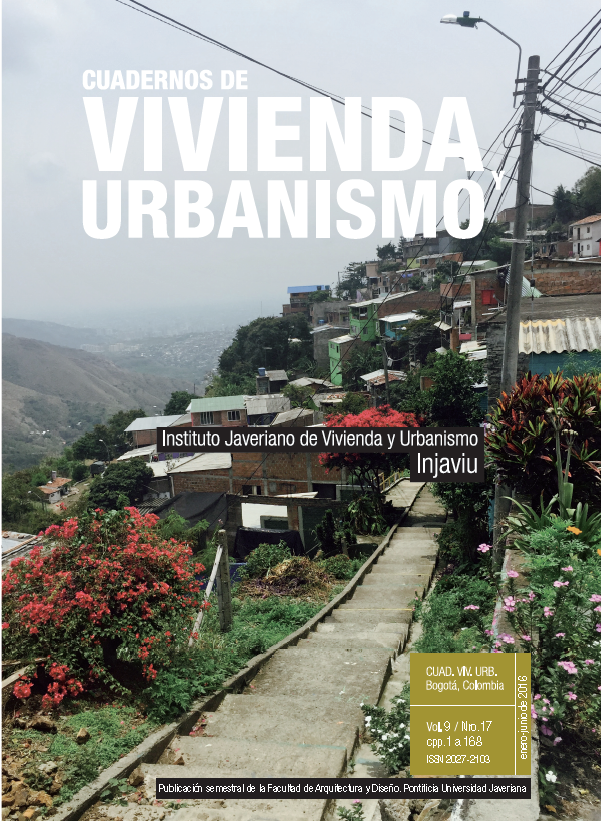Abstract
This paper pretends to provide a broad understanding of the concept of Habitat. Following this approach, which enables to increase complexity to the perspective, he attention is given to the development of Habitat’s technology, recognizing the potential resulting in a process of collective production of knowledge, starting from premises of social technology and social economy. Thisreaching emerges in reflection of fieldwork, a process for the development of social technology in the field of Habitat, which takes place in the city of Concordia, (Entre Ríos, Argentina). The epistemic-methodological perspective is part of the participatory action research context, assuming as a premise the dialogue of differentiated knows and practices in the knowledge production process. Therefore, it is highly important to broaden the scope of the concept of Habitat by including the productive dimension, from a technological, economic and epistemological alternative perspective.
This journal is registered under a Creative Commons Attribution 4.0 International Public License. Thus, this work may be reproduced, distributed, and publicly shared in digital format, as long as the names of the authors and Pontificia Universidad Javeriana are acknowledged. Others are allowed to quote, adapt, transform, auto-archive, republish, and create based on this material, for any purpose (even commercial ones), provided the authorship is duly acknowledged, a link to the original work is provided, and it is specified if changes have been made. Pontificia Universidad Javeriana does not hold the rights of published works and the authors are solely responsible for the contents of their works; they keep the moral, intellectual, privacy, and publicity rights.
Approving the intervention of the work (review, copy-editing, translation, layout) and the following outreach, are granted through an use license and not through an assignment of rights. This means the journal and Pontificia Universidad Javeriana cannot be held responsible for any ethical malpractice by the authors. As a consequence of the protection granted by the use license, the journal is not required to publish recantations or modify information already published, unless the errata stems from the editorial management process. Publishing contents in this journal does not generate royalties for contributors.


